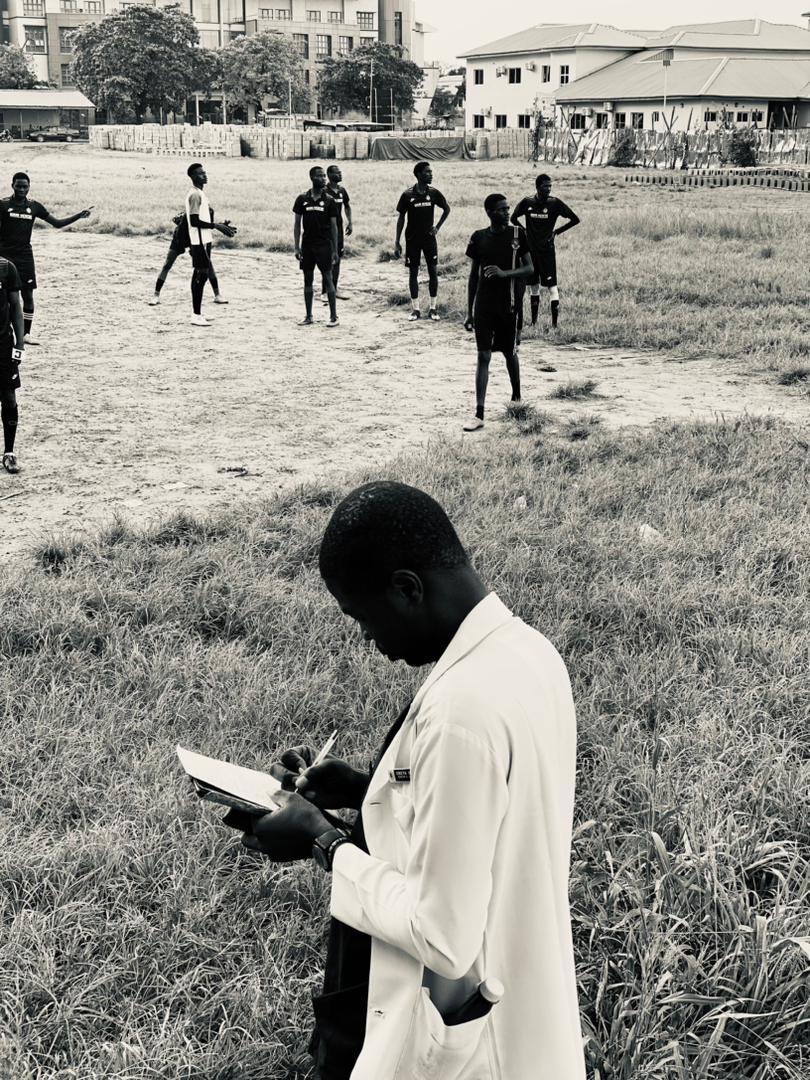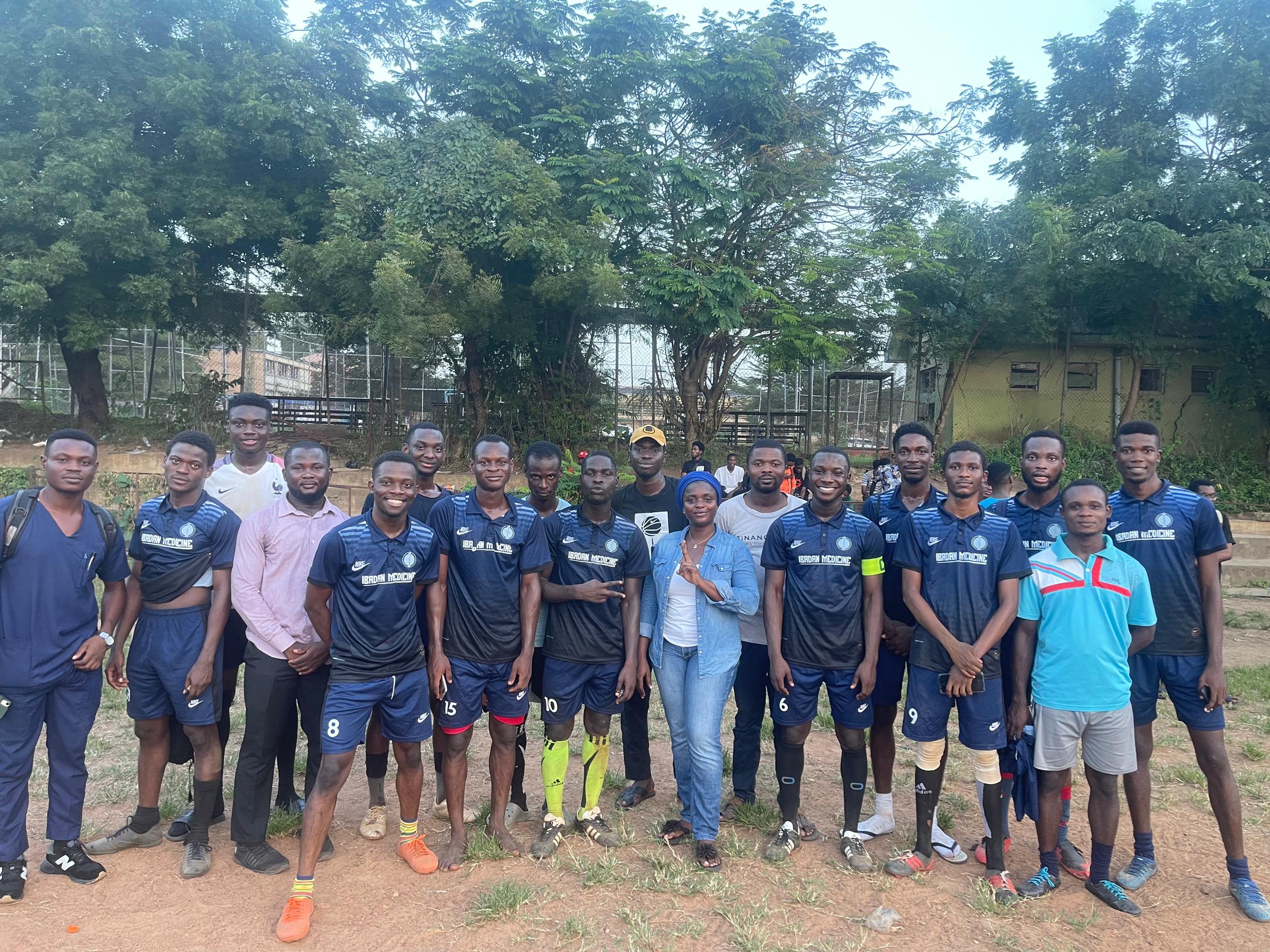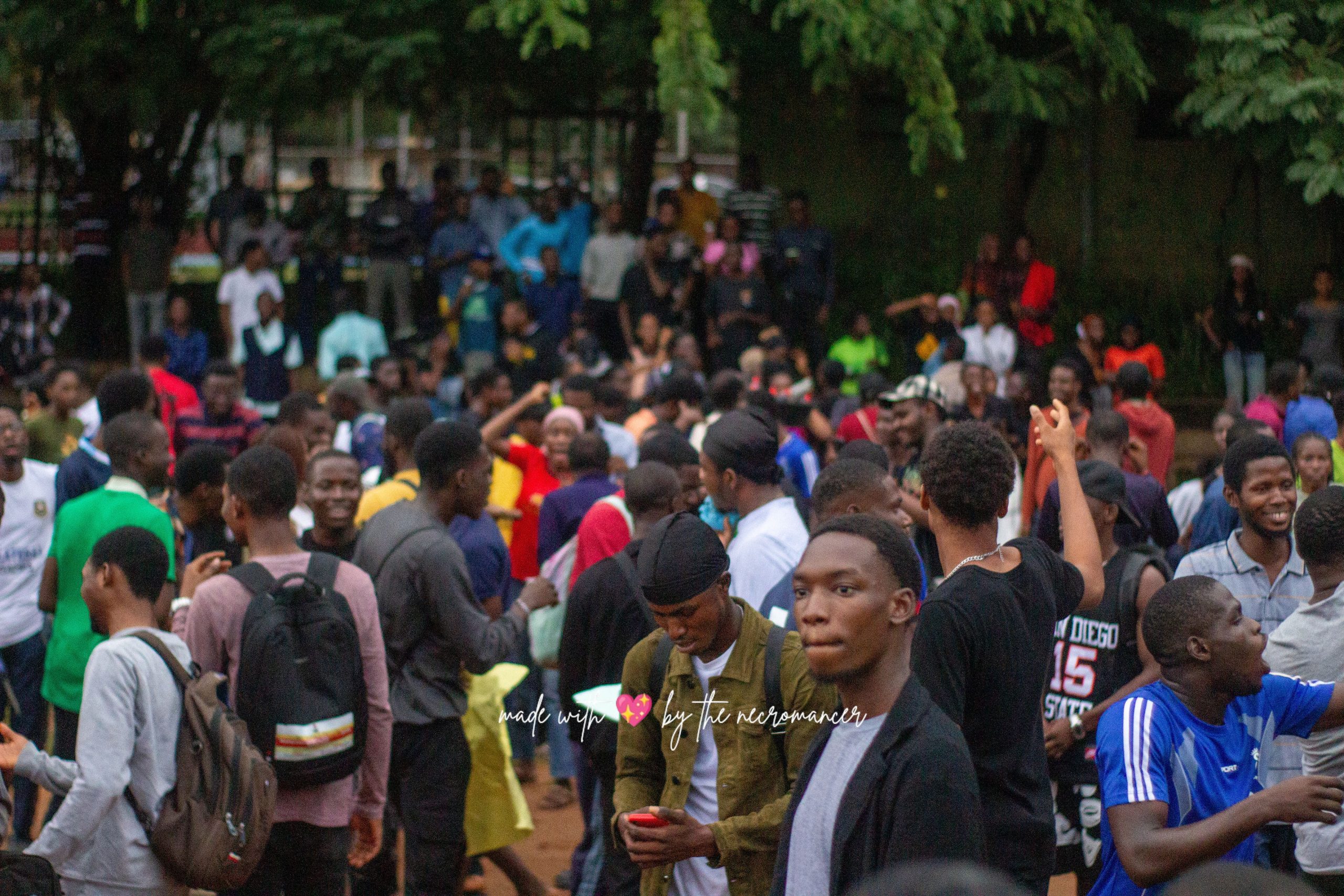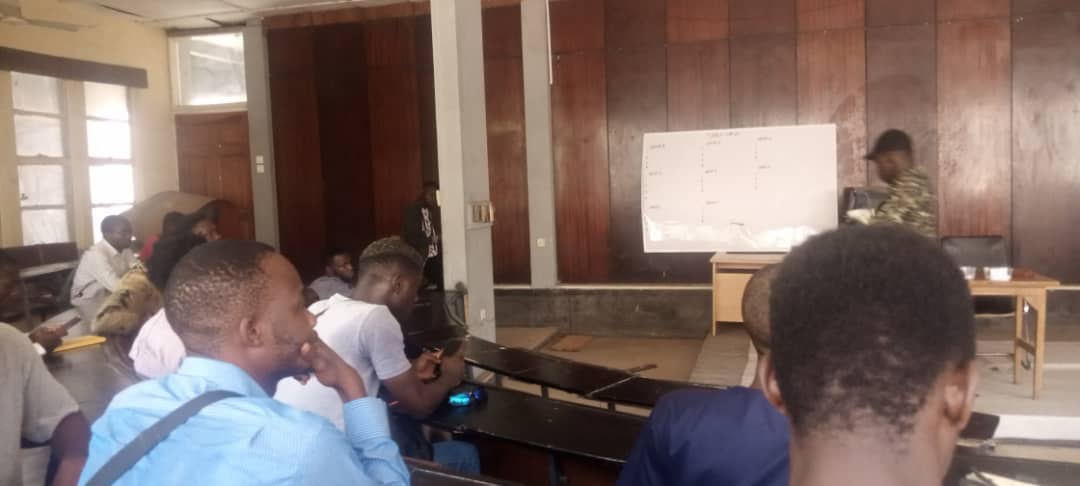THE FAVOURITES TO WIN AFCON 23


The 2023 African Cup of Nations (AFCON) is set to commence on the 13th of January when the Elephants of Ivory Coast take on the Djurtus of Guinea-Bissau and the final will be played on the 11th of February, 2024. This year’s competition will be the 34th edition, hosted by Ivory Coast. 24 teams divided into 6 groups will compete to be crowned the best African Male National Team. Overall, 52 matches will be played in 5 different cities of the Francophone nation. Here, we have the top 5 favourite teams to win this year’s competition.
1. SENEGAL: The Teranga Lions of Senegal who won the 2021 AFCON are the favourites in this year’s competition. The team coached by Aliou Cissé was first runner-up at the 2019 edition won by Algeria, qualified for the 2018 World Cup, won the 2021 AFCON, and also reached the 2022 World Cup Round of 16 where England defeated them. They have shown consistency and growth over the years. The team boasts a strong squad with Sadio Mane of Al Nassr, veteran defender Kalidou Koulibaly, Nottingham Forest duo Moussa Niakhate and Chiekou Kouyate, Al-Hilal’s Edouard Mendy, Nicolas Jackson of Chelsea, Idrissa Gueye of Everton, Ismaila Sarr of Marseille, Pape Matar Sarr of Tottenham Hotspur and Under-20 AFCON sensation, Lamine Camara. The team has been led by Aliou for 8 years and they are arguably the best African team at the moment. They are expected to shine in Ivory Coast and may successfully defend their title.
2. MOROCCO: The Atlas Lions of Morocco became the first-ever African team to reach the semifinals of the World Cup at the 2022 World Cup competition held in Qatar. Shortly after the World Cup, they defeated Brazil in a friendly game. The team coached by Walid Regraigui boasts a fine squad with key players like Hakim Ziyech of Galatasaray, Yassine Bounou of Al-Hilal, Sofyan Amarabat of Manchester United, Achraf Hakimi of Paris Saint-Germain, West Ham’s Nayef Aguerd, Noussair Mazroui of Bayern Munich, Abde Ezzalzouli of Real Betis and World Cup revelation Azzedine Ounahi. Known for their ability to tame tough teams as they did by beating Spain in the World Cup, they are expected to go far in the competition.
3. EGYPT: Despite not qualifying for the 2022 World Cup, the Pharaohs of Egypt are famed for their brilliance in the AFCON. They have participated in the competition 26 times out of a possible 34 and have won the competition a record 7 times. They were also first runner-up at the 2017 and 2021 editions. The team may not have a very spectacular squad but their players are very consistent. They have Mohamed Salah of Liverpool, sensational goalkeeper, Mohamed El-Shennawy, veteran striker Trezeguet of Trabzonspor, Mohamed Elneny of Arsenal, and experienced defender, Ahmed Hegazi. They are always a team to look out for.
4. NIGERIA: The Super Eagles of Nigeria boast a young and talent-filled squad. Despite not qualifying for the 2022 World Cup and suffering a premature exit from the 2021 AFCON, this team can spring a surprise at the AFCON this year. They boast a formidable team with the just-crowned African Player of the Year and Napoli sensation Victor Osimhen, four-time Bundesliga Young Player of the Month this season, Victor Boniface, the experienced quartet of Ahmed Musa, Moses Simon, Kenneth Omeruo and William Troost-Ekong, red-hot Kelechi Iheanacho of Leceister City, in-form defenders Calvin Bassey and Semi Ajayi, Alex Iwobi of Fulham, Atalanta’s Ademola Lookman, Frank Onyeka of Brentford, Real Sociedad’s Sadiq Umar, Ola Aina of Nottingham Forest, FC Porto’s Zaidu Sanusi and newbie Alhassan Yusuf who played in the Champions League last year. This team led by José Peseiro has the quality to win the competition but they have been very inconsistent lately. They’ve had serious goalkeeping issues but from recent reports, newly-invited Stanley Nwabili of Chippa United has been excellent in training. If this team gels together and up their game, they are capable of winning the tournament.
5. IVORY COAST: Last but not least, the Elephants of Ivory Coast are one of the favourites to lift the trophy this year. The bolstering influence of home advantage cannot be ignored. The team also has a good squad boasting midfield maestro Franck Kessie, veteran defender Serge Aurier, Willy Boly and Ibrahim Sangaré of Nottingham Forest, Dortmund’s Sèbastien Haller, Trabzonspor’s Nicolas Pépé, Brighton’s Simon Adingra, Seko Fofana, Fiorentina’s Christian Kouamé and Roma’s Evans N’dicka. With decent tactics and backed by home support, they can go very far in this competition.
Other teams like the Desert Warriors of Algeria, Bafana Bafana of South Africa and the Black Stars of Ghana can also spring up surprises. The competition will surely be keenly contested and it promises to be exciting.
Emmanuel Ibitunde




